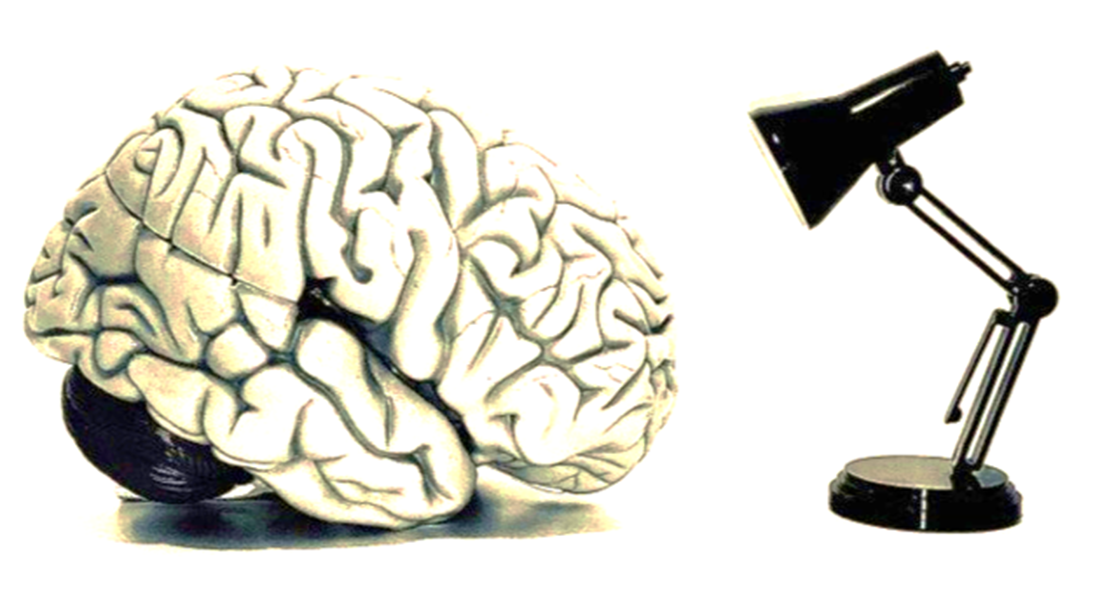Jeff Zarp Petersen defends his PhD thesis

Title
‘Targeting cognitive impairment in patients with mood disorders: Methodological considerations and neuronal underpinnings’.
Time and place
Friday, 5 February 2021 at 13:00.
The defence will take place online on Zoom.
Click here to attend the defence on Zoom.
Passcode: 171433.
Assessment committee
-
Professor Randi Starrfelt, University of Copenhagen, Denmark (chair)
-
Professor Mitul Mehta, King’s College London, United Kingdom
-
Professor Pradeep Nathan, University of Cambridge, United Kingdom
Supervisor
- Professor MSO Kamilla Woznica Miskowiak, University of Copenhagen, Denmark
Abstract
Cognitive impairment is a core illness feature of bipolar disorder (BD) and unipolar disorder (UD) that often persists into periods of remission. Enduring cognitive deficits are among the strongest predictors of functional disability in these mood disorders, which highlights cognition as a pressing treatment priority to promote functional recovery. However, effective pro-cognitive treatments are lacking, which is partially due to a number of methodological challenges in the field.
The overarching aim of the present PhD thesis is to address some of the central methodological challenges and recommendations recently outlined by the International Society for Bipolar Disorders (ISBD) Targeting Cognition Task Force for assessing cognitive impairment and improvement in patients with BD. This includes (i) the need to enhance insight into the underlying neurocircuitry markers for cognitive impairment, and (ii) establish whether the recommendation of systematically screening for cognitive functioning in BD can be extended to also include patients with UD. To further address this, the thesis includes four scientific papers that specifically (i) examine the functional neuronal underpinnings of cognitive impairment in distinct neurocognitive clusters of patients with BD with a working memory (WM)-related functional magnetic resonance imaging (fMRI) paradigm (Paper I) and a strategic memory encoding paradigm (Paper II), respectively, (ii) explores characteristics associated with the degree and direction of discrepancy between objectively-assessed and subjectively-perceived cognitive functioning in UD across symptomatic and remitted illness states using a novel statistical methodology (Paper III), and (iii) outlines the designing of an ongoing longitudinal randomized controlled trial (RCT) - investigating the effects of erythropoietin (EPO) in mood disorders - that is methodologically optimized in accordance with the recommendations by the ISBD Task Force (Paper IV).
The findings of Papers I-III highlight WM-related dorsal cognitive control network hypo-activation and default mode network hyper-activation as particularly promising neurocircuitry markers of cognitive impairment in BD that should be targeted by effective pro-cognitive treatments. Further, our findings suggest that the ISBD Task Force recommendations of implementing systematic cognitive screening of patients with BD can be extended to UD. Based on these findings, the thesis summarises key implications for future research into cognitive impairment and intervention trials targeting cognition in patients with mood disorders.
In cooperation with

